The first author of a 2013 chemistry paper is objecting to his co-authors’ decision to retract the paper, which contains duplicated figures.
We recently encountered a similar scenario with papers by first author Khalid Mahmood. In late 2015, Mahmood lost three papers in the journal ACS Applied Materials & Interfaces over duplicated images. One of the notices also indicated that the figures had “been published elsewhere and identified with different samples” — the same language used in the notice of the most recent retraction, in Journal of Materials Chemistry C.
Mahmood performed the work on the papers at Korea Advanced Institute of Science and Technology (KAIST), along with his two co-authors, Seung Bin Park and Hyung Jin Sung (also co-authors on two of the retracted papers in ACS Applied Materials & Interfaces).
Seung Bin Park, who is dean of the College of Engineering at KAIST, told us: Continue reading First author objects to retraction (his fourth) in chemistry journal
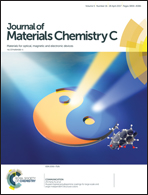


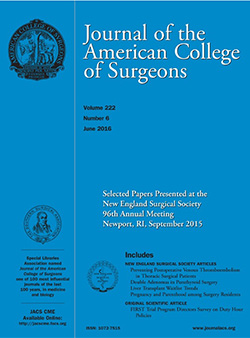 A journal has retracted
A journal has retracted 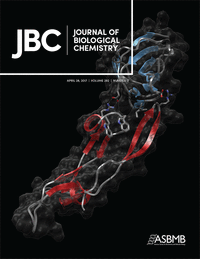
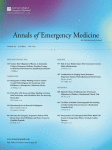 A journal has temporarily removed a paper showing the dramatic differences in the cost of providing emergency care that
A journal has temporarily removed a paper showing the dramatic differences in the cost of providing emergency care that 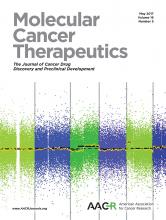 The former vice chancellor for research at the University of California, Los Angeles, has
The former vice chancellor for research at the University of California, Los Angeles, has 
 For the second time, a journal has quickly retracted a study that suggested vaccines raise the risk of autism and other neurodevelopmental disorders.
For the second time, a journal has quickly retracted a study that suggested vaccines raise the risk of autism and other neurodevelopmental disorders.